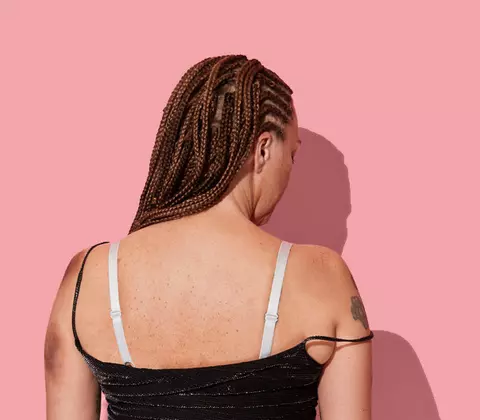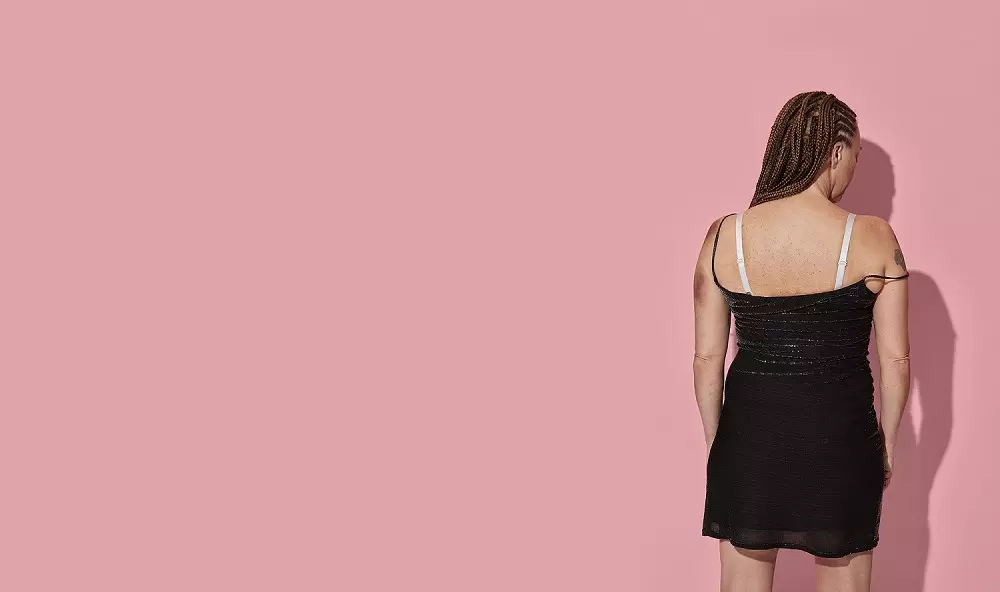
Ever seen her in a spa?
Cheap labour can sometimes have horrific human cost
Have you ever looked at a product or service and wondered how it could be so cheap?
The reality is that cheap prices often come at a horrific human cost:
- Getting your nails done for less than a tenner? That's because Bian and the other ladies in the salon don't get paid for the hours they work. Held by threats of brutal punishment if they try to escape and forced to move around the country by the criminal gangs who control them. For example, you may have seen Alina's treatment in Coronation Street while working at a nailbar? Find out how we're working to end stories like Alina's.
- And the ‘escort’ your friend of a friend booked? Does she really want to be there?
- The £5 car wash down the road? That’s made possible by Karel, earning a pittance for working tough, long days and living in an overcrowded caravan out the back. He would leave, but the car wash owners have taken his documents, beaten him and threatened to hurt his family back in Poland.
The demand for cheap goods, cheap labour and cheap sex has created the perfect storm for human trafficking across the world.
Here in the UK thousands of people are forced into lives they didn’t ask for every day.

Here to help
Modern slavery is often hidden in plain sight, happening in our streets, towns and villages. You can help us tackle this horrific crime by reporting anything that concerns you.
Our confidential Modern Slavery Referral Helpline on 0800 808 3733 is open 24/7.
The Salvation Army provides specialist support for all adult victims of modern slavery in England and Wales.
Everyone The Salvation Army supports has access to a wide range of specialist services to meet their individual needs whether that is within a safehouse or through outreach support.
Prisha's story
Prisha was in her early 20’s, when her employer in India arranged for her to study in the UK, promising this would improve her qualifications.
Prisha arrived in the UK on a student visa when she was in her 20’s. Her employer in India had arranged the visa and paperwork under the premise of helping Prisha gain further education. It was agreed that Prisha would pay back the cost of her travel once in the UK.
She was met at the airport by a man who claimed he was her employer’s uncle and brought to his house. She enrolled at college to study English and started a course. This only lasted a few months because during this time she wasn’t able to find work to be able start paying off the debts she had incurred to travel to the UK. Her employer’s ‘uncle’ told Prisha that he was going to send her to a friend of his who would offer her work. The nature of this work wasn’t clear but Prisha felt she didn't have a choice.
She was picked up by a man and as they travelled he gave her a drink which was drugged so that she fell unconscious. When she woke up she found herself alone and locked in a room. She had no idea where she was. She had been sold. This was the start of a prolonged ordeal where Prisha was beaten, starved and forced to sleep with between seven and 10 men every day. She received no pay for this.
After three years Prisha fell pregnant but had to be taken to hospital after she suffered a miscarriage. Whilst in hospital, Prisha found an opportunity to escape her traffickers and spent the next year sleeping rough and begging to survive. Eventually she managed to find a way back home to India but the gang tracked her down, attacked her family and made more threats. Her family asked her to leave for fear of their own lives and hers.
Desperate she returned to the UK and worked illegally in a restaurant, relying on the local community for somewhere to stay. When she was discovered in an immigration raid, Prisha explained what had happened to her and was referred to The Salvation Army for support. Now in her early 30’s Prisha is staying at a safehouse and receiving an allowance, one-to-one help from her support worker to access medical care, legal advice, counselling and education. Finally she feels there is hope her future.
How you can help
- Many companies now have a Modern Slavery Statement on their website. This is a quick and easy way to check that the brands you are supporting are taking steps to remove slave labour from their workforce.
- Learn how to spot the signs
- If you're concerned, phone our 24/7 confidential Modern Slavery referral helpline on 0800 808 3733.
- Donate to The Salvation Army and provide essential support to the thousands of people still caught in slavery today.
- Volunteer to help victims of modern slavery get the support they need and deserve.

Spot the signs
Learn the tell-tale signs of modern slavery, and where to get help for victims.
Spot the signs of modern slavery at a car wash
Modern slavery - Ever looked at a product or service and wondered how it could be so cheap?
The real cost of modern slavery
Cheap services and labour - Spot the signs of modern slavery

Modern slavery
We have been combatting slavery and supporting survivors of this horrendous crime since our earliest days, but what is modern slavery and how can we spot the signs in our own community?